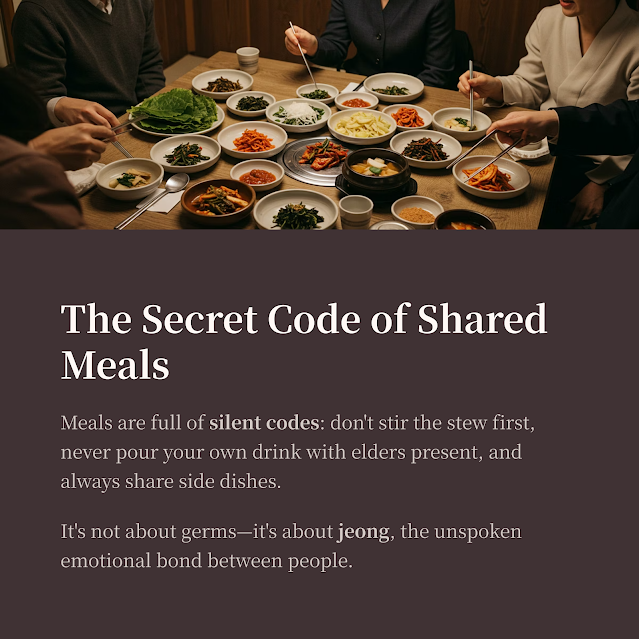As a Korean-American and former U.S. Army servicemember now living in Korea,
I expected familiarity — but instead, I was met with a mix of nostalgia, confusion, and eye-opening discoveries.
Here are the culture shock moments that surprised me the most, through the lens of both a local and an outsider.
What parts of Korean daily life felt the most unfamiliar?
Living in Korea as someone with Korean heritage doesn’t mean automatic cultural fluency.
Despite the blood ties, many social norms, habits, and even values felt unfamiliar — and sometimes, unintentionally intimidating.
Here’s what hit hardest.
Silent Elevators and Loud Streets
The first thing that struck me was the unusual contrast between public silence and sudden loudness.
In elevators, buses, and subways, silence rules.
But step outside, and you’ll hear blaring truck speakers, restaurant staff yelling welcomes, and ajummas talking passionately at 6am.
That sharp public/private divide took some getting used to — and I still sometimes whisper too much.
Age Is Everything — Even If You Don’t Feel It
In the Army, rank matters. In Korea? Age practically is rank.
One of my earliest slip-ups was using casual language with someone only a year older than me.
There’s an entire system of speech levels and behaviors based on age, which can feel rigid at first — especially for Korean-Americans raised on more casual terms like “hey” or “dude.”
Efficiency vs. Formality in Everyday Systems
Coming from a military background, I appreciated efficiency, structure, and quick service.
Korea impressed me — delivery apps, online banking, and public transit are lightning fast.
But then I’d go to a government office and be told, “You need a seal, not just a signature.”
That blend of high-tech with deeply traditional paperwork systems? Unexpected, to say the least.
The Unspoken Rules of Sharing Food
As someone who grew up with Korean food, I thought I had this one figured out.
But living here, I learned that meals are full of silent codes: don’t stir the stew first, never pour your own drink if elders are present, and yes — share side dishes even if you’re not that close.
It’s not about germs — it’s about jeong, the unspoken emotional bond between people.
The Work Culture: Stay Late, Look Busy
In the Army, once the mission's done, you clock out.
In Korea, office workers often stay after hours even when their work is finished — not because they have to, but because leaving early can be frowned upon.
That group-first mentality, called nunchi, was one of the hardest adjustments for someone raised on task-based performance.
Military Pride Feels… Different Here
As a U.S. Army veteran, I carried a certain pride in military service.
But here in Korea, military service is compulsory, and attitudes vary.
Some see it as a duty, others a burden.
When I mention my Army background, the reaction is sometimes admiration — but other times, surprise that I chose it.
English Isn’t Just a Language — It’s a Symbol
People were impressed by my fluent English — even though I’m Korean-American.
In Korea, English often signals education, global mindset, or even social status.
It was odd to be complimented for “good English” in a country where it’s taught extensively, but rarely spoken casually.
| Culture Shock | My Initial Reaction | What I Learned |
|---|---|---|
| Age hierarchy | Confused | Respect runs deep |
| Group dining | Overwhelmed | It’s about emotional closeness |
| Work hours | Surprised | Perception > performance |
| Bureaucracy | Frustrated | Patience is key |
| Street noise | Unexpected | Controlled chaos |










